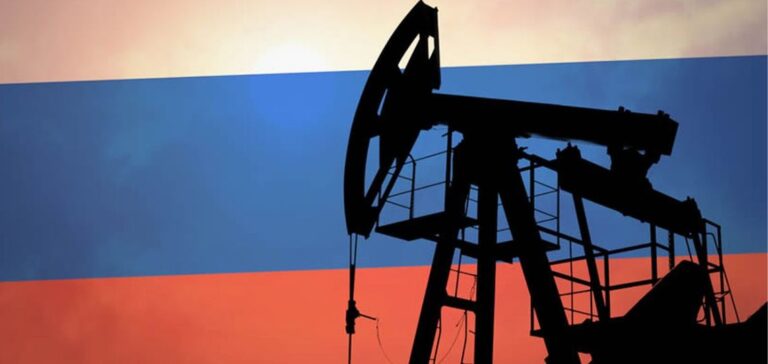The oil production cuts announced by Russia and other major producing countries are “in the interest” of the world market, the Kremlin defended, while prices on the black gold market jumped Monday morning.
“It is in the interest of global energy to keep world oil prices at the right level,” Russian presidential spokesman Dmitry Peskov told reporters. “Whether other countries are satisfied or not is their business,” he added.
Russia announced on Sunday that it would extend its crude oil production cuts by 500,000 barrels per day until the end of the year, a move seen by various experts as a way to boost prices and counter the effect of international sanctions. The Russian Deputy Prime Minister in charge of Energy, Alexander Novak, had justified such a measure by the period of “high volatility” and “uncertainty” on the black gold market. “The predictability of the global oil market is a key element in ensuring energy security,” he had said, quoted in a statement.
Russia’s announcement came alongside those of Saudi Arabia, Iraq, the United Arab Emirates, Oman, Kuwait, Algeria and Kazakhstan. Saudi Arabia will reduce its production by 500,000 bpd, Iraq by 211,000 bpd, the Emirates by 144,000 bpd, Kuwait by 128,000 bpd, Kazakhstan by 78,000 bpd, Algeria by 48,000 bpd and Oman by 40,000 bpd. These cuts, which will all take place from May until the end of 2023, sent oil prices soaring on Monday morning, with North Sea Brent crude nearing $84 a barrel and West Texas Intermediate (WTI) nearing $80 around 10:30 GMT.
This is good news for Russian finances, whose federal spending has risen sharply in recent months, driven by the military offensive in Ukraine, and even as Moscow’s oil revenues plunged under the effect of sanctions by 42% over a year in February, according to the International Energy Agency (IEA).





















